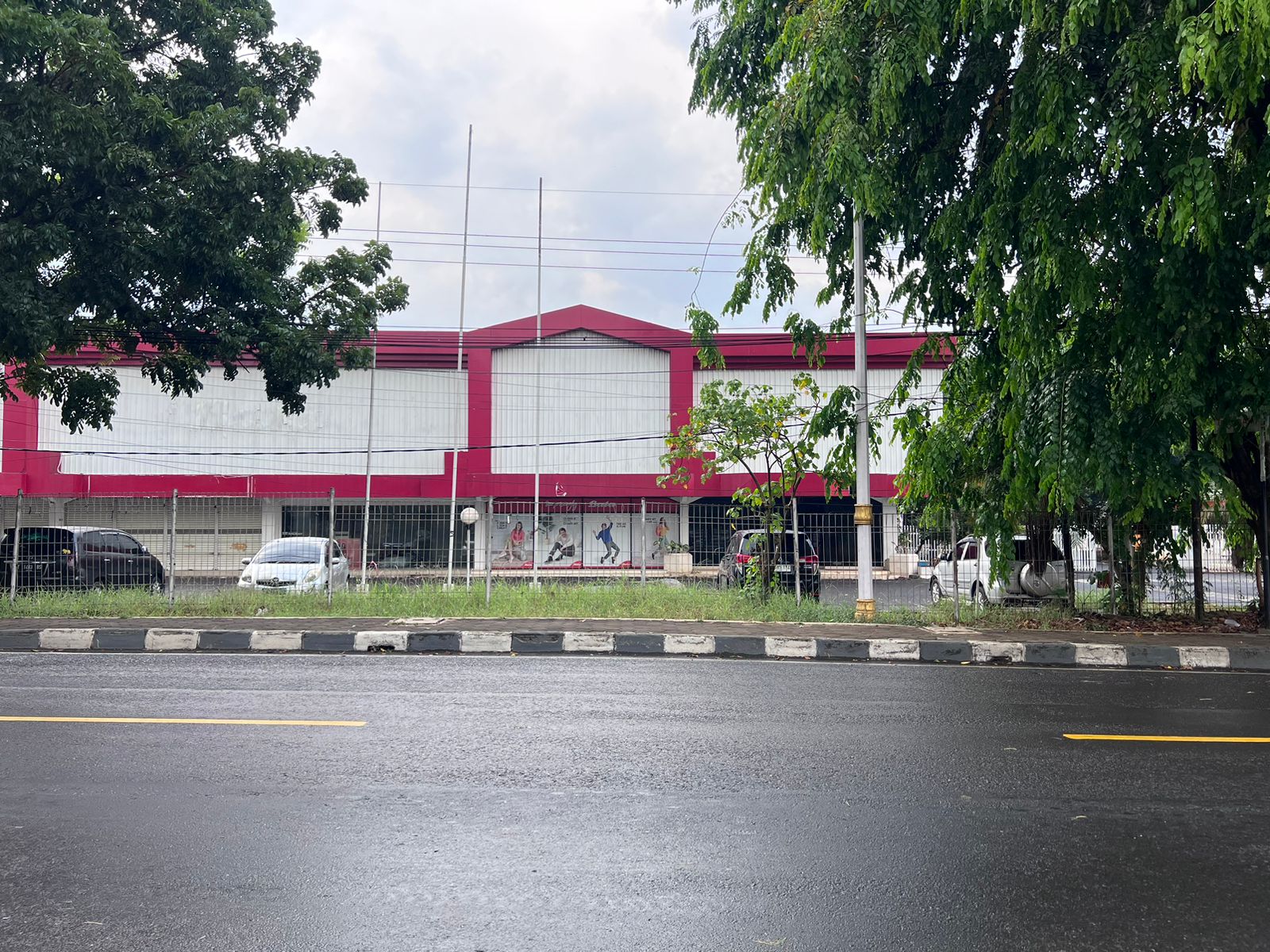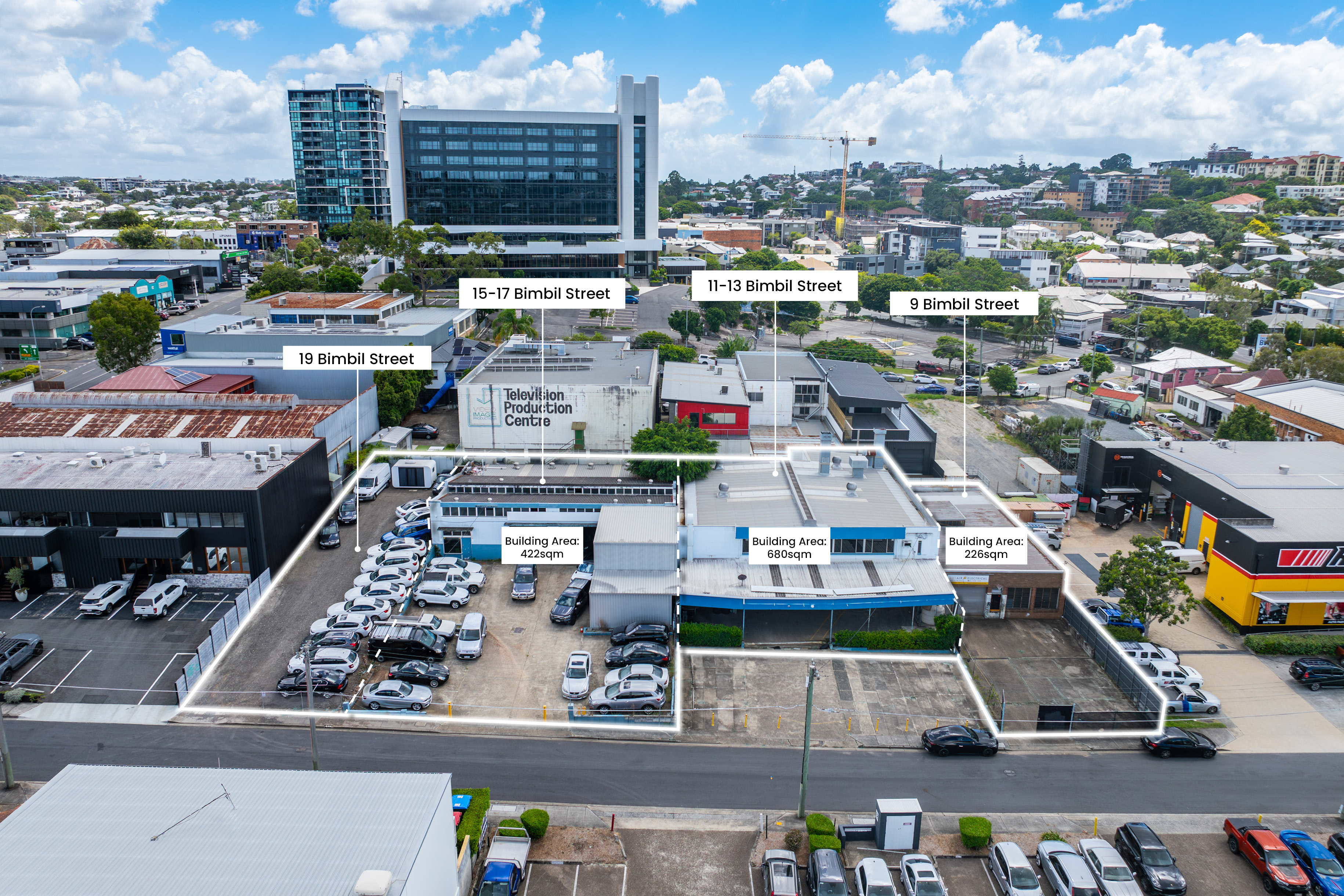PODCAST: How COVID-19 is forcing investors to reposition portfolios
As economic activity resumes, investors are looking to new sectors, locations
As markets show the first signs of awakening, real estate investors are repositioning their strategies to suit a vastly changed world.
Commercial real estate’s record-setting investment run in Asia Pacific – a decade-long bull market that saw allocations and deal volumes rise sharply amid a hunt for yield – came to an end as the pandemic took hold at the start of this year. Investment volumes fell 26 percent in the first quarter of 2020 compared to the period last year, according to JLL data.
But as the end of the second quarter approaches, economies in the region have started to reopen. And with roughly $40 billion of dry powder capital dedicated to the region, a large appetite for deals remains.
In the current environment of ultra-low global interest rates, negative bond yields, volatile equity markets, real estate looks set to at benefit as more people look for income producing assets and the relative stability of the asset class, says Tim Graham, Head of Capital Strategies in the region at JLL.
“The way investors are approaching the markets has changed substantially given the wide-ranging impacts of COVID-19,” he says. “Conversations have shifted away from assessing the initial impact of COVID-19’s impact on portfolios, towards a more forward-looking approach to sourcing fresh opportunities and new deals. Recent discussions with investors have underlined the importance of geographic and sector diversification.”
Given earlier peaks in the COVID-19 cycle, Mainland China, Hong Kong, and South Korea have been quick to bring major sectors of their respective economies back online. More recently, Australia, Japan, and Singapore have gradually re-opened areas of the economy and have been attracting renewed interest from investors looking to increase exposure to commercial real estate or enter the market.
One of the most recent examples took the form of a joint venture between Allianz and Australia-based Charterhall to purchase a A$648 million Australian logistics portfolio from supermarket group ALDI earlier this month.
Looking for more insights? Never miss an update.
The latest news, insights and opportunities from global commercial real estate markets straight to your inbox.
Trends that were gaining momentum across the region pre COVID-19, including digital transformation, e-commerce, and widespread flexible working policies, have been accelerated. As a result, there is a sharper focus on the real estate that supports them, including sectors such as logistics and data centres.
Over the past three months, approximately US$6 billion in capital has been committed to logistics and data centre strategies, according to JLL data, and more deployment is expected as investors look to diversification for risk mitigation purposes.
Urbanisation, rapid population growth, and a rising middle class have all contributed to a boom in demand for real estate across the region, including more traditional real estate investments like offices, the need for which has been challenged by large technology firms and banks as staff successful login to work from home.
The majority of large regional players are already on the front foot in terms of either deploying capital or actively monitoring markets, says Graham.
“The strength of offices and the evolution of cities is going to continue to be a central theme for investors in this region.
Investment Opportunities
Given the resilience of many markets in Asia Pacific, signs of distress are few-and-far-between at this stage and owners are under no immediate pressure to sell.” Graham says. “It's still too early to predict the long-term impact on the demand for office space, and positive change is going to be inevitable and welcomed in some markets”.
Contacto con Tim Graham
Head of Capital Strategies in the region, JLLWhat’s your investment ambition?
Uncover opportunities and capital sources all over the world and discover how we can help you achieve your investment goals.
 SPOTIFY
SPOTIFY APPLE
APPLE




